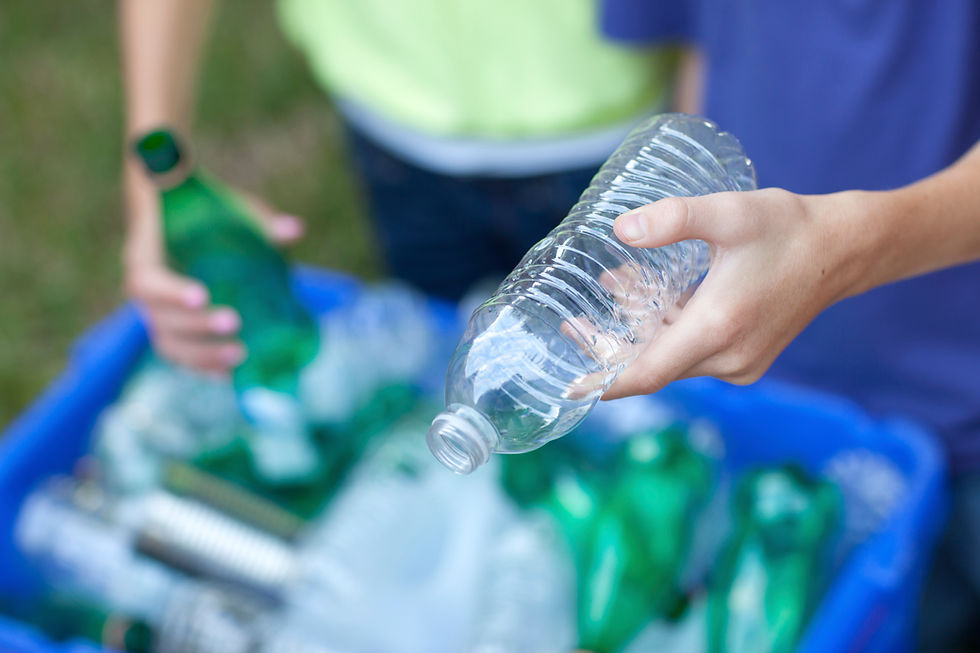In the past few years environmentalism and sustainable development have finally been on the spotlight. Not so long ago ecology was regarded a rather boutique topic for people with this specific area of interest, often described as even detached from what was considered real life. Sustainability has now become a top priority topic on world leaders' agendas and in the EU development programs, as scientists warn us about the alarming trends of global pollution and about the sharp decline in the biodiversity world wide. If we want to save this planet, we need to rethink our way of living, our culture of consumerism and our relationship with the world around us, a world we are all part of.
We believe that the concept of sustainable tourism is the right and the only way to move forward with this industry. We work constantly on improving our processes and the facilities at our property. Our goal is to provide to you the best holiday experience with Sipan island, while at the same time we keep working on further minimising our impact on the environment.
Here is a list of 5 simple things that you can do too to help create an evolved concept for tourism, that also helps preserve nature:
1. Manage your waste
Always sort your waste. At our property we have designated containers for different sorts of waste, inclusively for hazardous waste and old drugs, and we carefully sort and maintain our recycling processes.
When you are out in nature, please collect your garbage to bring it to the designated disposal areas.
Reuse and recycle whenever it is possible. Don't buy disposable products and get a reusable travel gear that can be of a value for a longer time.

2. In nature, observe rather than interact
Observe the surrounding nature rather than engaging in interactions with wild life. The latter can be dangerous or have unpredictable outcomes, depending on the situation. Observation provides you with the opportunity to learn and understand better wild life, so that after you leave others will be able to have their own unique experience as well.

3. Live locally, buy locally
Avoid buying from big corporate retailers or service providers. Most often they are the biggest polluters, with business practices that are not transparent and focus on maximisation of profits.
Support our community instead and try the local products. Small entrepreneurs apply traditional and increasingly sustainable production practices where not only profit, but also quality and investment in business and in community development are all among their highest priorities.

4. Do not use natural resources if you don't really need to
Don't forget to turn your lights off when you leave in the evening. That way you are not only helping save electrical power, but you are also keeping all unwanted insects out of your accommodation.
Turn off your air conditioner, too. We made sure that your AC has just the right power to cool the air in no time after you turn it back on again, upon your return to the apartment. And don't forget to close all doors and windows to ensure no energy is wasted and the desired temperature is quickly reached.

5. Use sun protection that is healthy and environmentally friendly
Scientists estimate that shocking 14 000 tons of sunscreen wash into our oceans each year! This madness is the cause for disruptions in the life cycles of fragile ecosystems and contributes to the deaths of corals on a massive scale. On the other hand, some chemicals in sunscreen, such as oxybenzone, are linked to disruptions of hormones or cancer. No wonder that many countries started banning the sale and the usage of certain types of sunscreens on their territory.
So what should we do? Exposure to sun enables our bodies to produce vitamin D. But then we need to make sure we get just the right amount of that exposure and protect our skin from the harmful UV rays, without contributing to the global pollution. Is it at all possible to fulfil all those conditions at the same time?
The surprising but hopeful answer is YES. And here is how:
Make sure you get a moderate exposure to sun. Avoid the hottest hours around midday and the early afternoon and look for shady places to hang out.
Make sure you wear just the right type of clothing to cover and keep your skin safe.
Use natural sunscreens. They contain plant based oils that nourish and moisturise your skin. Many plant based oils provide natural UV protection and they make excellent ingredients for your natural sunscreen.*
In a nutshell:
The natural sun protection products may not be as powerful as the conventional sunscreens, but they are definitely the healthier and the environmentally friendlier option. With them, and when applying the common sense approaches to sun protection such as adequate clothing and controlled sun exposure, you should be safe and prepared for your next summer adventure as a sustainable traveler. Go for it!

* Follow our blog for more future stories about natural sun protection options in detail.
Comments